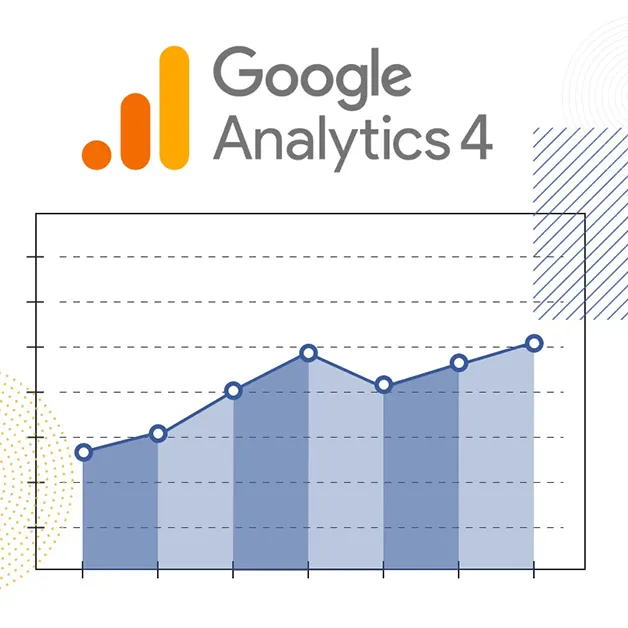Metrics to Measure Your Marketing Return on Investment (ROI)

Your company has decided to pursue a digital marketing campaign, using paid search and social media advertising. The team is committing a big budget to the initiative and believes the campaign will be a game-changer in delivering new leads and more sales.
You ask the question: How will we know if the campaign is working?
A team member responds: If more people contact us and we sell more, that’s a win, right?
Not exactly. What if the leads and sales don’t bring in more revenue than the campaign costs?
Sales increases alone don’t accurately measure return on investment (ROI). That’s why in the realm of digital marketing, we measure ROI by looking at a number of other data points.
Let’s explore some practical metrics to consider for measuring your marketing ROI.
Define Your Objectives
Before we go any further, know that it’s crucial to first define what you hope to accomplish with your marketing efforts. ROI is a given; we all want to see increased revenue and make up what the campaign costs.
But what about other goals like getting more sign ups for your loyalty program, or bringing Pros to your new location?
The metrics you look to as indicators of success or failure directly relate to your objectives. Defining your goals determines which metrics to track, so can measure your ROI with greater accuracy.
Once you’re armed with objectives, it’s time to look at specific metrics to start building your ROI story.
Great Metrics, Great Results
Let’s dive into great metrics to gauge the performance of your digital marketing campaign.
- Track Sales Performance
One of the most straightforward ways to measure marketing ROI is sales data. Look at sales activity before, during, and even after an initiative. Use unique URLs, promo codes, or landing pages, so you can accurately attribute your sales to marketing campaigns. - Watch Website Traffic
Use web analytics tools like Google Analytics to track the number of visitors, the time they spend on your site, and the pages they visit. This data can help you determine which marketing campaigns drive traffic, what keeps your visitors interested, and what makes them leave your site. - Look at Conversion Rates
A conversion doesn’t necessarily mean a sale. It is any action a visitor takes that you consider valuable, such as filling out a form, downloading a whitepaper, or making a purchase. Use tracking tools to monitor your conversion rates and determine which campaigns drive the most action. - Calculate Cost Per Acquisition (CPA)
Cost per acquisition (CPA) is the total money you spend to acquire one customer. To calculate your CPA, divide your total marketing costs by the number of new customers you acquire. - Measure Social Media Engagement
Use social media analytics tools to track metrics like likes, shares, and comments to determine which social media campaigns drive engagement and which need improvement. - Monitor Email Campaigns
Use email marketing tools to track metrics like open rates, click-through rates, and conversion rates. - Use Surveys and Feedback Forms
Surveys and feedback forms allow you to gather customer feedback, improve campaign targeting and gauge the overall effectiveness of your campaigns. - Monitor Brand Awareness
Use surveys or online tools to monitor your brand awareness and determine how your marketing campaigns impact your brand recognition. - Look at Metrics Regularly
Make sure to stay on top of the metrics that determine your marketing ROI. Looking at the data regularly allows you to understand what to keep doing and what to leave behind. When you do, your marketing efforts can work even harder toward achieving your ROI objectives.
You Don’t Have to do it Alone
Digital marketing in the building industry isn’t the easiest endeavor. Your audience lives all over the digital world, and reaching them can feel like looking for a needle in a very large, very convoluted haystack. Take the guesswork out of your digital marketing by working with a sales and marketing partner who can help you achieve your goals.
linqd. is data-driven, digital-first, and understands how to create omnichannel campaigns that drive results. Are you ready to elevate your digital marketing? Contact us to learn how.


















